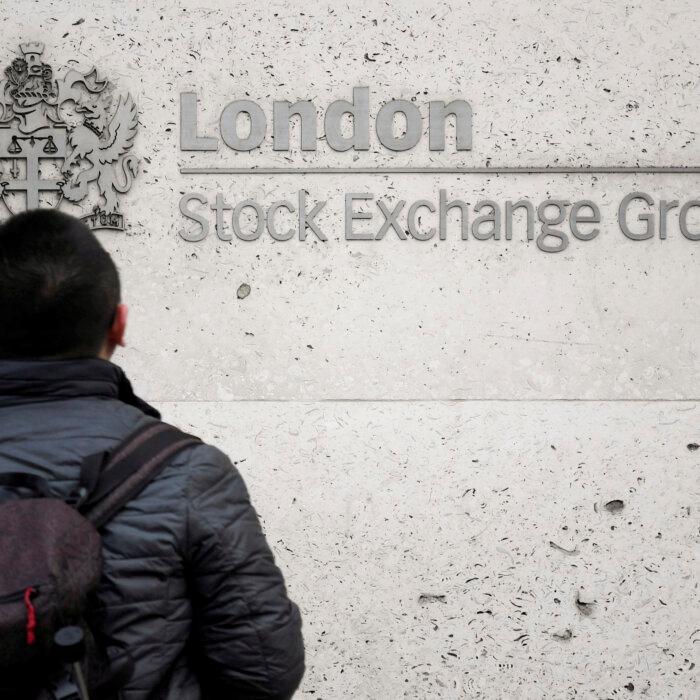The decline, reported by the latest Deloitte survey on Monday, is accompanied by subdued expectations for investment and hiring in the next 12 months.
According to Deloitte, employment expectations by UK companies in December saw the sharpest fall since the start of the COVID-19 pandemic in 2020.
While business confidence remains well above the lows seen in 2020 and 2022, business leaders said they are focused on cost control and cost reduction in response to tax changes in the Budget.
The upcoming increase in National Insurance Contributions (NICs) will see businesses pay a rate of 15 percent on employees’ earnings above a threshold of £5,000, up from 13.8 percent.
Over 3 million workers will receive a pay boost after new National Living Wage rates go up from £11.44 to £12.21 an hour from April 2025.
Borrowing Costs
Meanwhile, the UK’s cost of borrowing hit a record high last week, after a surge in the interest rate on 30-year government bonds.UK government bonds, known as gilts, are purchased by financial institutions in the UK and globally, offering investors regular interest payments, or yields, in exchange for lending money to the government over terms ranging from one month to 30 years.
Currently, gilt yields are higher than in the aftermath of former Prime Minister Liz Truss’s mini-budget, which triggered a market meltdown with its tax cuts and unfunded spending plans.
The hike in the cost of borrowing ramps up the pressure on the government and the Treasury’s headroom for increased public spending.
“Markets fret that higher borrowing costs could wipe out the UK chancellor’s £10 billion of headroom built into the government’s budget arithmetic.
“UK public debt is running at levels last seen in the early 1960s and the government will need to borrow an additional £300 billion in the next fiscal year,” said Stewart.
Chancellor Rachel Reeves has, over the weekend, stressed that the fiscal rules she laid out in the Budget are “non-negotiable.”
Stewart said it is “clear” the government still faces “hard decisions” on what to prioritise, with higher bond yields accentuating the challenge.
Economic Outlook and Business Investment
The Deloitte survey found that concerns about high inflation and interest rates, which dominated CFO priorities over the past four years, have eased.Business leaders expect the Bank of England to lower interest rates from the current 4.75 percent to 4 percent within the next year.
CFOs also reported improving credit conditions, with access to credit now better than in most of the past five years.
Geopolitical tensions remain the top external risk for CFOs for the sixth consecutive quarter.
However, energy prices, once a major concern, have fallen on the risk list, partly due to a decline in oil prices in 2024 despite ongoing conflicts in the Middle East and Ukraine.
UK CFOs consider Britain a more attractive destination for business investment than the euro area or China.
However, the United States is seen as the most appealing option by a significant margin, underscoring the competitive challenge Europe faces from a rapidly growing U.S. economy.
Some transfers were to the United States, which the companies said offers “deeper capital pools and higher trading volumes.”







